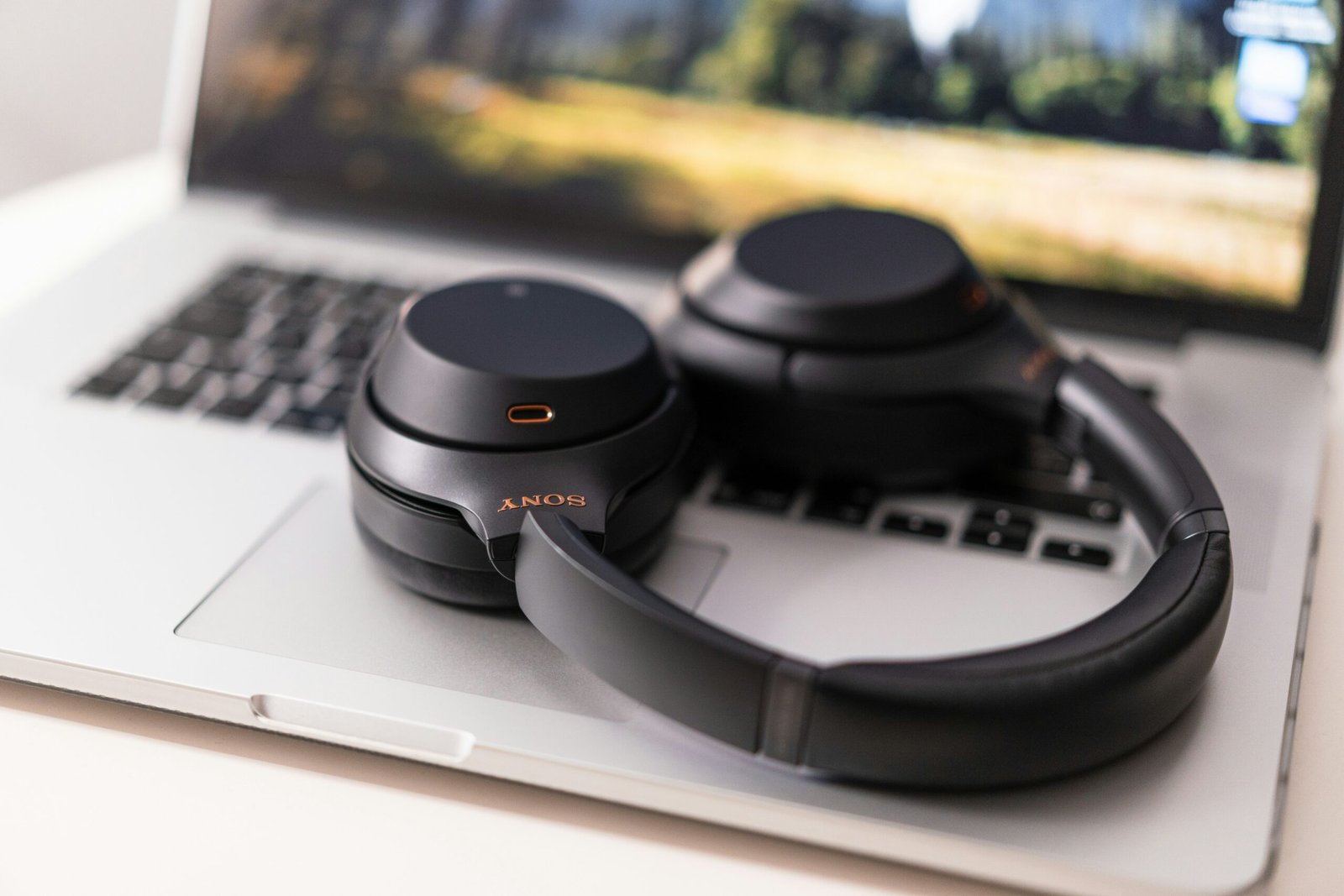Contents
Table of Contents
“Imagine trying to relax after a long day, only to hear blaring car horns, rumbling construction, and the constant hum of city life invading your home. For many, this isn’t a rare annoyance; it’s a daily reality. Beyond being a nuisance, constant exposure to noise can quietly take a toll on your health.. So, what exactly is noise pollution doing to us, and how can we protect ourselves from its hidden dangers?”
Understanding Noise Pollution
Noise pollution is defined as unwanted or harmful levels of noise in the environment, which can adversely affect our health and well-being. Noise pollution arises from a variety of sources, making it a serious issue in both urban and rural settings. Common contributors include traffic noise, construction activities, industrial operations, and loud music, all of which significantly impact the quality of life for those exposed to them. Here are some examples:
Urban Area Noise

Urban areas are affected by noise pollution due to the high concentration of vehicles, public transport systems, and pedestrian activities. Traffic noise, generated from the engines, horns, and tires of cars and buses, is often cited as one of the leading sources of environmental noise.
Additionally, areas near construction sites experience substantial noise levels from machinery and construction activities, which can extend for prolonged periods. This type of disruption is not solely limited to urban environments, as rural areas close to major roadways or airports may also experience significant noise pollution from transportation hubs.
Industrial Noise and Recreational Events

Industrial activities contribute to noise pollution as well, with factories and manufacturing plants generating sound from machinery, equipment, and the movement of goods. Furthermore, recreational activities, including outdoor concerts and events, generate noise. Now that we understand the common sources of noise pollution, here are some of the reported health impacts.
Health Impacts of Noise Pollution
Noisy environments are more than just an annoyance; research has shown that chronic exposure to excessive noise can lead to significant negative health impacts. Studies have established a correlation between high levels of noise pollution and various health issues such as hypertension, stress, anxiety, and cardiovascular diseases. Lets discuss three health impacts of noise pollution.
Increased Anxiety Levels
Mental health can suffer due to prolonged exposure to noise pollution. This has the effect of elevating stress hormones in the body, leading to increased anxiety levels. A report by the World Health Organization (WHO) highlights that noise pollution contributes to mental health disorders, with a marked increase in anxiety and depression rates among individuals exposed to high noise levels. This effect is particularly concerning given the rising incidence of these disorders globally.
Sleep Disturbances
Sleep disturbances are another significant health effect linked to noise pollution. From personal experience living near a road with almost constant traffic, I know a car accident that happens near your home can wake you up from a deep slumber. Inadequate sleep is associated with cognitive deficits, diminished focus, and impaired memory.
Increased Cognitive Impairment
Furthermore, children also face repercussions from living in noisy settings, as studies show that noise pollution can hinder cognitive development and academic performance. Research has revealed that children exposed to high levels of noise during critical developmental phases may struggle with learning and have poorer attention spans.
In conclusion, the impacts of noise pollution on health are multifaceted, affecting both physical and mental well-being. Understanding these health implications is essential for advocating better urban planning and implementing measures to mitigate noise exposure effectively.
Minimizing Noise Pollution in Daily Life
Noise pollution has become an increasingly prevalent issue in modern society, affecting both our physical and mental health. To combat this, individuals can take actionable steps to create a quieter environment within their homes and public spaces. Here are some strategies that may protect you:
Soundproofing Rooms
Soundproofing rooms is one effective method. Homeowners can consider adding heavy curtains, rugs, or acoustic panels to absorb sound. Additionally, sealing gaps in windows and doors can significantly reduce outside noise intrusion, creating a more peaceful living environment.
Quieter Appliances
Another practical approach is to select quieter appliances. When purchasing new devices, consumers should look for products specifically designed to operate at lower noise levels. Dishwashers, washing machines, and air conditioning units are often rated for their quietness, allowing you to make informed decisions that contribute to reducing household noise pollution. Furthermore, the use of soft-close lids on toilets and cabinets can minimize disruptive sounds, contributing to an overall calmer home atmosphere.
Noise Cancelling Headphones
A variety of products are available to combat noise pollution, catering to different needs and environments. Among these, noise-cancelling headphones stand out as particularly effective. These headphones work by using advanced technology to detect external noise and generate sound waves that are the exact opposite, effectively canceling out ambient sounds. Users often report improved focus and reduced stress levels when using noise-cancelling headphones in busy areas like offices or public transportation. One example of a headphone that has worked for me is: Soundcore Life Q30 by Anker. The Amazon product link is here*.
*As an Amazon Associate, I earn from qualifying purchases. I may earn a small commission at no additional cost to you. Each sale helps support this site. Thank you!*
Other Products to Combat Noise Pollution
For those seeking cheaper, portable and convenient options, earplugs remain one of the most popular solutions. They are easy to carry and come in different types, including disposable foam, reusable silicone, and custom-molded varieties. Each type offers varying levels of noise reduction, making them suitable for different situations, such as sleeping, traveling, or attending events. Furthermore, white noise machines can be an excellent solution for individuals who find quiet environments distracting. By generating ambient sound, these machines can mask disruptive noises
With an array of products available, it is essential to consider personal preferences and specific noise reduction needs. User testimonials and product comparisons can provide valuable insights. All in all, noise pollution is a problem more prevalent for those living and working in a city but its health effects can be addressed through these simple tech solutions.

